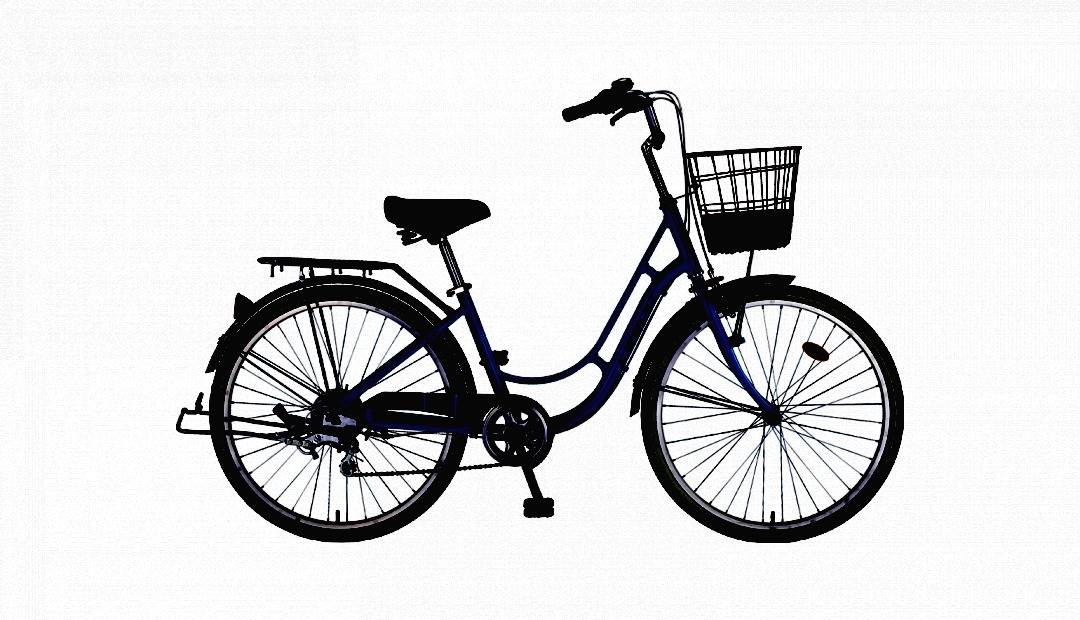외국어에서 유래된 영어 단어
영어는 다른 문화나 언어에서 단어를 종종 빌려 왔다. 여기 재미있는 이야기를 가진 몇 개의 예가 있다.
샴푸
shampoo라는 단어는 힌디어 단어인 chāmpo에서 왔는데, 그것은 ‘누르다’라는 의미이다. 인도에서 그 단어는 머리 마사지를 가리키는 데 쓰였다. 인도에 있던 영국 무역상들이 머리 마사지를 곁들인 목욕을 경험하고, 18세기에 그것을 영국에 소개했다.
shampoo라는 단어의 의미는 그 단어가 1762년쯤 영어에 처음 들어온 이후 몇 번 바뀌었다. 19세기에 shampoo는 ‘머리 감기’라는 현재의 의미를 갖게 되었다. 그 후 얼마 지나지 않아, 그 단어는 머리에 사용하는 특별한 비누를 가리키는 데에도 쓰이기 시작했다.
로봇
robot이라는 단어는 희곡 ‘R.U.R.’에서 왔는데, 그 희곡은 1920년에 체코의 작가 Karel Čapek이 썼다. 그 희곡에서 로봇은 인간처럼 생긴 기계이다. 그것은 인간을 위해 일하도록 설계되고, 공장에서 생산된다.
robot이라는 단어를 사용하려는 생각이 Karel Čapek 자신에게서 나온 게 아니었다는 것은 흥미롭다. 그는 원래 자신의 희곡에 등장하는 그 기계들을 ‘일’을 의미하는 라틴어 단어에서 온 labori라고 불렀다. 하지만 그의 형이 roboti를 제안했는데, 그것은 체코어로 ‘노예 근로자들’을 의미한다. Karel Čapek은 그 아이디어가 마음에 들어 roboti라는 단어를 사용하기로 결정했다. 1938년에 그 희곡은 영국 TV에서 공상 과학물로 만들어졌다.
허리케인
hurricane이라는 단어는 스페인어 단어인 huracán에서 왔는데, 그것은 마야 신의 이름에서 유래한다. 마야의 창조 신화에서 Huracán은 바람, 폭풍우, 그리고 불을 다스리는 날씨의 신이며, 그는 인간을 창조한 세 명의 신들 중 한 명이다. 하지만 최초의 인간들이 그 신들을 화나게 했고, 그래서 Huracán은 거대한 홍수를 일으켰다.
스페인이 마야 문명과 처음 했던 접촉은 1517년이었다. 카리브제도를 통과해 지나가던 스페인 탐험가들이 허리케인을 겪었고, 그 지역 사람들로부터 그것을 가리키는 단어를 익히게 되었다. 영어에서는 hurricane이 초기에 사용된 예 중 하나가 1608년에 셰익스피어가 쓴 희곡에서였다.
햄버거
hamburger라는 단어는 원래 독일에서 두 번째로 큰 도시인 함부르크에서 왔다. hamburger는 독일어로 ‘함부르크 출신의 사람 또는 사물’을 의미한다.
최초의 햄버거의 기원은 분명하지 않다. 하지만 햄버거는 1885년에서 1904년 사이의 언젠가 미국의 텍사스에 있는 작은 마을에서 발명되었다고 여겨진다. 한 요리사가 빵 두 조각 사이에 함부르크 스타일의 스테이크를 넣었고, 사람들은 그런 음식을 햄버거라고 부르기 시작했다.
English Words of Foreign Origin
English has often borrowed words from other cultures or languages. Here are some
examples with interesting stories.
shampoo
The word shampoo comes from the Hindi word chāmpo, which means “to press.” In India, the word was used for a head massage. British traders in India experienced a bath with a head massage and introduced it to Britain in the 18th century.
The meaning of the word shampoo changed a few times after it first entered English around 1762. In the 19th century, shampoo got its present meaning of “washing the hair.” Shortly after that, the word began to be also used for a special soap for the hair.
robot
The word robot comes from the play R.U.R.*, which was written in 1920 by a Czech writer Karel Čapek. In the play, robots are machines that look like humans. They are designed to work for humans and are produced in a factory.
It is interesting that the idea of using the word robot didn’t come from Karel Čapek himself. He originally called the machines in his play labori from the Latin word for “work.” However, his brother suggested roboti, which means “slave workers” in Czech. Karel Čapek liked the idea and decided to use the word roboti. In 1938, the play was made into a science fiction show on television in Britain.
hurricane
The word hurricane comes from the Spanish word huracán, which originates from the name of a Mayan god. In the Mayan creation myth, Huracán is the weather god of wind, storm, and fire, and he is one of the three gods who created humans. However, the first humans angered the gods, so Huracán caused a great flood.
The first Spanish contact with the Mayan civilization was in 1517. Spanish explorers who were passing through the Caribbean experienced a hurricane and picked up the word for it from the people in the area*. In English, one of the early uses of hurricane was in a play by Shakespeare in 1608.
hamburger
The word hamburger originally comes from Hamburg, Germany’s second-largest city. Hamburger means “people or things from Hamburg” in German.
The origin of the first hamburger is not clear. However, it is believed that the hamburger was invented in a small town in Texas, USA, sometime between 1885 and 1904. A cook placed a Hamburg-style steak* between two slices of bread, and people started to call such food a hamburger.
'중3영어교과서' 카테고리의 다른 글
| 중3영어 동아 윤정미 5과 본문 및 MP3 Hidden People in Sports (0) | 2020.03.05 |
|---|---|
| 중3영어 동아 윤정미 4과 본문 및 mp3 Ask Dr. Money (0) | 2020.03.05 |
| 중3영어 동아 윤정미 2과 본문 및 mp3 Letters from Our Readers: My Comfort Food (1) | 2020.03.03 |
| 중3영어 동아 윤정미 1과 본문 및 MP3 Find a Dream and Live It! (0) | 2020.03.03 |
| 중3영어 오디오북 동아 이병민 스페셜 본문 및 mp3 다운로드 Picture the Future (0) | 2020.02.26 |



